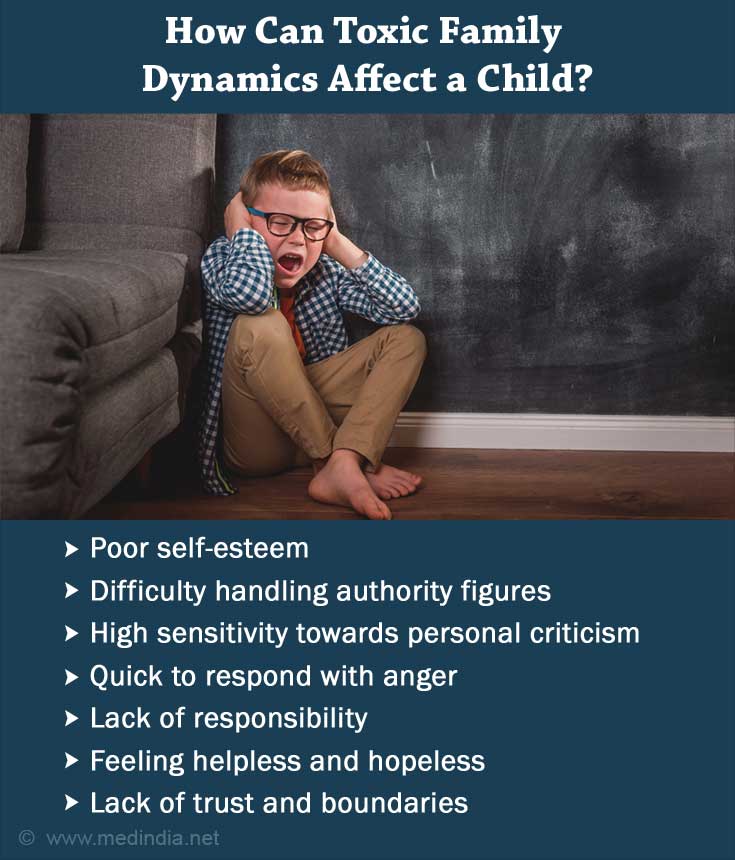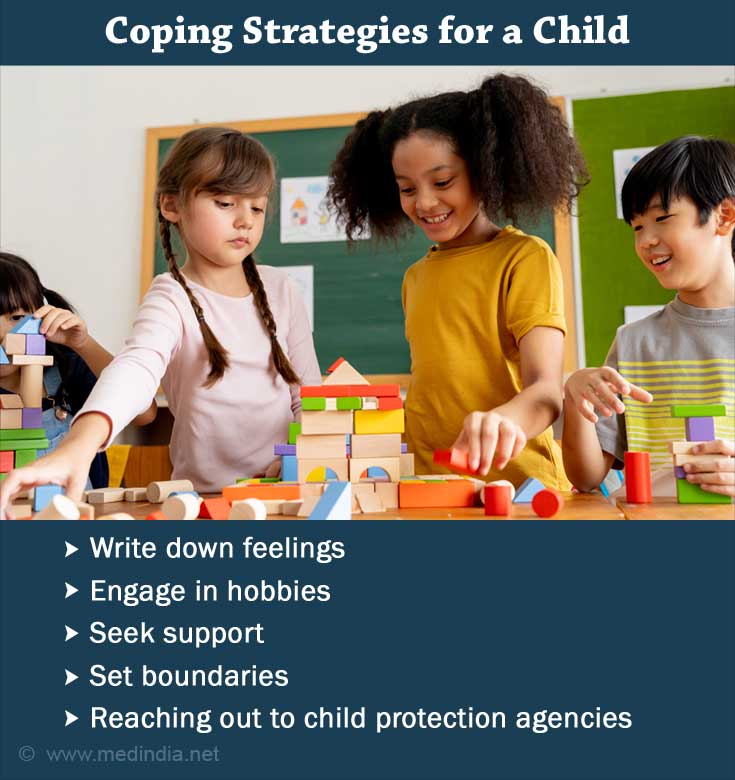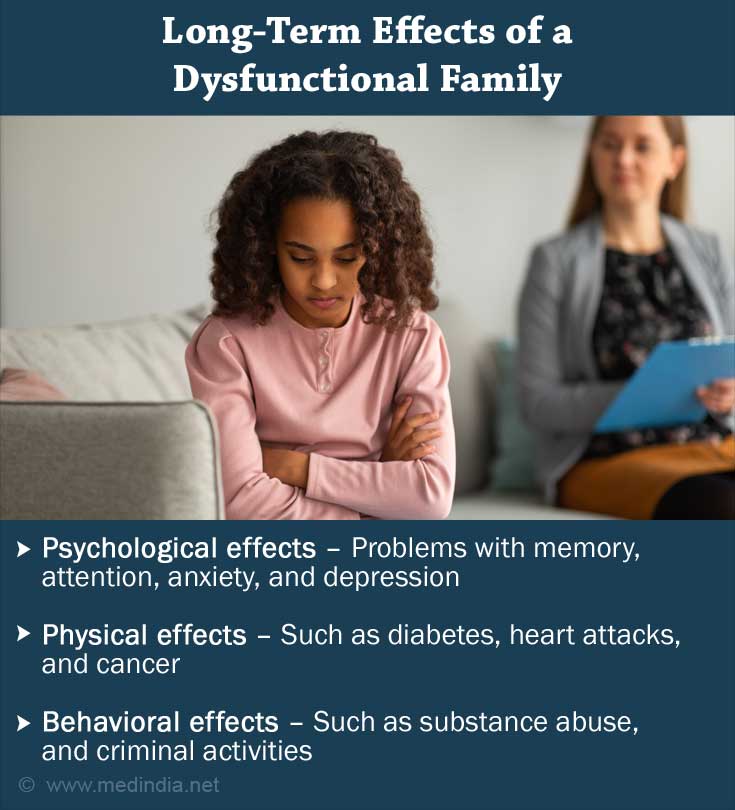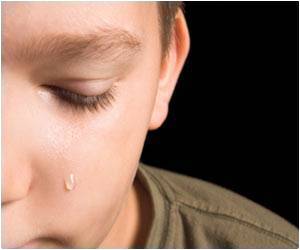- Cost of Growing up in Dysfunctional Family - (https://clinmedjournals.org/articles/jfmdp/journal-of-family-medicine-and-disease-prevention-jfmdp-3-059.php?jid=jfmdp)
- About Cost of Growing up in Dysfunctional Family - (https://clinmedjournals.org/articles/jfmdp/journal-of-family-medicine-and-disease-prevention-jfmdp-3-059.pdf)
- Dealing With Difficult Family Members - 9 Important Steps - (https://www.harleytherapy.co.uk/counselling/dealing-with-difficult-family-members-9-important-steps.htm)
- How to Tell if You Have a Toxic Parent - (https://health.clevelandclinic.org/toxic-parenting-traits/)
- Child protection - (https://www.unicef.org/india/what-we-do/child-protection)
- Abuse: What Kids Need to Know - (https://kidshealth.org/en/kids/handle-abuse.html)
- Tips for Talking to Children About Child Abuse - (https://ovc.ojp.gov/sites/g/files/xyckuh226/files/pubs/helpseries/pdfs/CATipSheet.pdf)
- How To Heal From Emotional Abuse - (https://health.clevelandclinic.org/how-to-heal-from-emotional-abuse/)
- How to Heal from Emotional Abuse as a Child - (https://www.all4kids.org/news/blog/how-to-heal-from-emotional-abuse-as-a-child/)
- Six Self-Care Tips on Overcoming Abuse-Related Trauma - (https://www.nami.org/Blogs/NAMI-Blog/January-2021/Six-Self-Care-Tips-on-Overcoming-Abuse-Related-Trauma)
- Emotional abuse forms, process, patterns and ways to overcome - (https://mpra.ub.uni-muenchen.de/107653/1/MPRA_paper_107653.pdf)
- Long-Term Consequences of Child Abuse and Neglect - (https://www.childwelfare.gov/pubpdfs/long_term_consequences.pdf)
What is Toxic Family Dynamics?
Toxic family dynamics refer to unhealthy family relationships characterized by harmful behaviors, poor interactions, and ineffective conflict management.
Unhealthy family dynamics include signs such as:
- Lack of boundaries and empathy
- Lack of personal space and privacy
- Constant conflicts, hostility, and aggression
- Verbal, emotional, and physical abuse
- Role reversal between parent and child
- Conditional acceptance and love
Different types of dysfunctional families have been identified based on the core issues. Pathological households are afflicted by a psychiatric condition such as schizophrenia, bipolar disorder, or substance abuse. Role reversals are common in such families. Chronic conflict families are characterized by frequent arguments and fights. Parents are likely to be abusive.
The chaotic household consists of inconsistent or inadequate parenting. Lack of rules and discipline can lead to unruly behavior in children. Emotionally distant families can foster identity and self-worth issues due to a lack of expression of love and affection.
Finally, the dominant-submissive household is characterized by power imbalance, with one aggressive and one passive parent. The aggressive parent controls everything in the family.
How Can Toxic Family Dynamics Affect a Child?
Toxic family dynamics can affect a child in several ways. Effects of growing up in a toxic family include:

- Poor self-esteem and lack of compassion towards others
- Difficulty handling authority figures
- High sensitivity towards personal criticism and quick to respond with anger
- Constant need for validation from others
- Unconsciously seek similar dysfunctional relationships
- Lack of responsibility to handle their problems
- Guilt to show compassion to oneself
- Feeling helpless and hopeless
- Irrational fear of being abandoned or rejected leading to dependency
- Lack of trust and boundaries
Growing up in a dysfunctional family can have far-reaching negative impacts, and therefore, prevention and early intervention are crucial.
How to Deal with Negative Family Members?
Living in a toxic household is a very stressful situation. Knowing how to deal with toxic family members,one lives with can help manage the situation better.
Finding the right time to have important discussions is crucial. Taking responsibility for one’s own words and actions helps not taking things personally.
Communicating clearly is helpful as it avoids assumptions and preconceived notions. This helps prevent arguments. Watching out for passive aggressive tendencies such as bringing up the past or competing can prevent an unnecessary altercation. Setting clear boundaries in person fosters healthy conflict resolution.
Being mindful and in the present enables one to handle conflicts more calmly. Thinking of the situation from their perspective can help them respond better. Finally, seeking support can provide an objective perspective.
What are the Coping Strategies for the Child Living with Toxic Family Members?
Coping strategies for a child living with toxic family members include:

- Writing down feelings can help a child vent
- Engaging in hobbies—When the child keeps themselves engaged in things that they like, it could improve their mood significantly
- Seeking support—Personal or professional support can help a child address the difficulties they face at home
- Boundary setting—Identifying a supportive mature adult in the family can help the child set boundaries
- Focus on yourself—The child can focus on themselves and not take responsibility for the parents’ behavior
- Reaching out to child protection agencies such as UNICEF and laws, help prevent and handle such situations
This is an area where the role of the school can be paramount. If the school is teaching children about emotions, boundaries, and abuse, the child may be able to implement some of the methods mentioned. It is crucial that the child understands the importance of sharing distressing information with trusted sources.
How to Overcome Growing Up in a Dysfunctional Family?
Overcoming the past trauma of being raised in a dysfunctional family is both difficult and very essential. One of the coping mechanisms that can be used is journaling. This is helpful both as a means of catharsis and to view things objectively. This can also help be aware of the long-term effects of trauma, which will help address it.
Coping mechanisms also include keeping oneself engaged in hobbies, which will help improve one’s mood. Exercise can boost serotonin which plays a significant role in happiness. Using positive affirmations with oneself can help undo the negative automatic thoughts and irrational beliefs towards oneself that have been developed over the years.
Prioritizing self-care can facilitate the reversal of the years of abuse and neglect. Part of self-care includes setting healthy boundaries with people, including toxic family members. Working on self-blame and guilt will help the boundary maintenance. Creating a healthy support system can act as a protective factor.
It is not possible to change the abusive family member, therefore there is no point in attempting it. Avoiding interaction with the toxic family member as much as possible is better as it cuts down on the possibilities of guilt-tripping, manipulation, bullying, and conflicts.
Seeking professional advice can help to process the trauma of childhood. It can change irrational beliefs to more rational, helpful beliefs. It enables the expression of pent-up emotions. Engaging in creative pursuits such as art, music, or dance can help in this regard.
What are the Long-Term Effects of a Dysfunctional Family as an Adult?
The long-term effects of a dysfunctional family include:

- Psychological Effects—Children who grew up in toxic families are more likely to have cognitive issues such as problems with memory, attention, and inhibition. They may be more susceptible to depression, anxiety, and other disorders. A higher chance of antisocial traits is seen. Post-traumatic stress disorder (PTSD) is a possible consequence of emotional abuse and neglect.
- Physical Effects— Long-term effects include changed brain structure and functioning and higher risk of physical illnesses such as diabetes, heart attacks, and cancer.
- Behavioral Effects—Unhealthy sexual practices, substance abuse, taking up maltreatment oneself, and criminal activities are possible long-term consequences of growing up in a toxic family.








